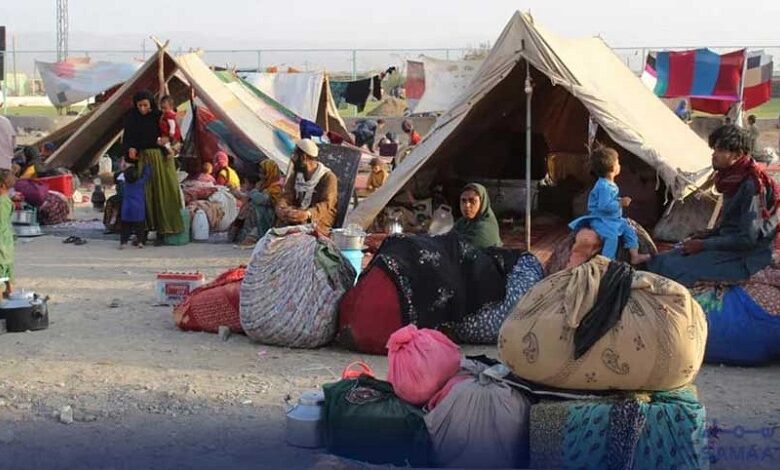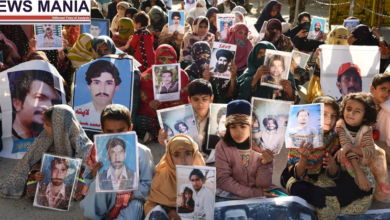Afghan Refugees in Pakistan Grapple with Uncertainty Amidst Deportation Deadline

In the sprawling city of Karachi, Pakistan’s largest metropolis, thousands of Afghan refugees and undocumented immigrants are living in a state of constant fear following the Pakistani government’s announcement of its intention to repatriate approximately 1.7 million illegal Afghan refugees by the end of this month.
For the Afghan men, women, and children residing in the Hijra Colony and Afghan Basti, located on the northern outskirts of Karachi, life has taken a nightmarish turn since the government’s declaration. According to many of them, the local police have initiated a relentless crackdown against their community.
Islamabad has set a firm deadline of November 1 for all undocumented migrants, with a majority of them being Afghan nationals, to voluntarily leave the country. The government has issued stern warnings of arrests and deportations for those who fail to comply with this directive.
The situation on the ground in Karachi is deeply unsettling for the Afghan refugees, who have long sought refuge in Pakistan due to the ongoing instability and conflict in Afghanistan. Their lives have been marked by uncertainty, displacement, and adversity, and the recent government announcement has only intensified their plight.
The Hijra Colony and Afghan Basti, often referred to as settlements of hope by their residents, have served as makeshift homes for Afghan refugees for years. These communities have been vital in providing shelter, however humble, to countless individuals fleeing violence and seeking safety.
The Pakistani government’s decision to repatriate Afghan refugees is a reflection of the complex challenges posed by their prolonged presence in the country. While Pakistan has demonstrated extraordinary hospitality by hosting millions of Afghan refugees over the years, it now finds itself grappling with the task of managing their resettlement.
The Afghan refugee crisis in Pakistan is not a recent phenomenon. It traces its roots back to the Afghan-Soviet war in the 1980s, which led to a mass exodus of Afghan citizens into neighboring countries, including Pakistan. Since then, Pakistan has been a key host nation for Afghan refugees, with over three decades of enduring hospitality.
The recent push to repatriate Afghan refugees is not the first instance of such an effort. Pakistan has undertaken similar initiatives in the past, often in collaboration with the United Nations High Commissioner for Refugees (UNHCR). These efforts have been met with varying degrees of success, with some refugees returning voluntarily, while others chose to remain in Pakistan.
The decision to repatriate Afghan refugees is a complex and multifaceted one. It involves considerations of national security, economic resources, and international obligations. Pakistan, like many other host nations, is confronted with the challenge of striking a balance between its humanitarian commitments and its own domestic interests.The looming November 1 deadline has created a sense of urgency and trepidation among Afghan refugees in Karachi. They find themselves caught between the desire to return to their homeland and the fear of an uncertain future. Many refugees have expressed concerns about the conditions in Afghanistan, where insecurity and instability persist in various regions.
The Pakistani government has emphasized that the repatriation process will be carried out with dignity and respect for the rights of Afghan refugees. It has also highlighted the need for international support to facilitate the safe and voluntary return of refugees to Afghanistan.
However, the reality on the ground remains fraught with challenges. Many Afghan refugees lack official identification documents, making it difficult for them to meet the requirements for voluntary repatriation. Moreover, the prospect of returning to a country still grappling with conflict and insecurity is a daunting one.The international community, including the United Nations and humanitarian organizations, plays a crucial role in addressing the Afghan refugee crisis in Pakistan. Efforts to provide humanitarian assistance, facilitate voluntary repatriation, and support reintegration programs in Afghanistan are of paramount importance.
News Mania Desk / Agnibeena Ghosh 10th October 2023






